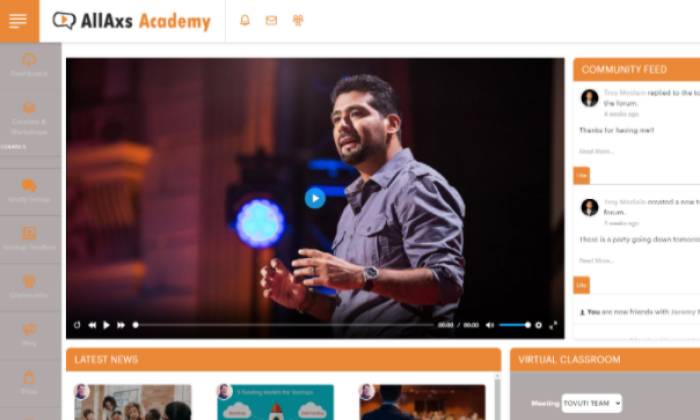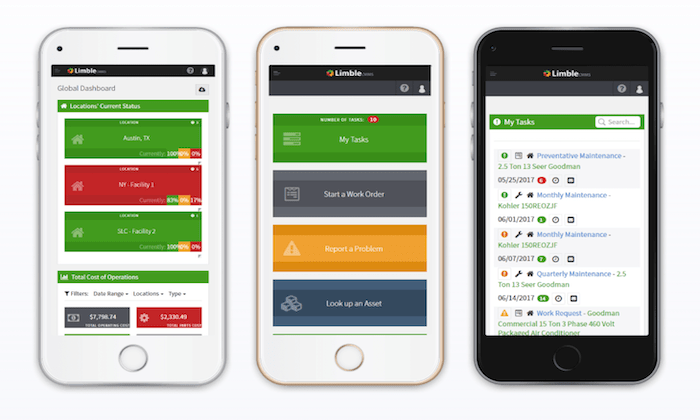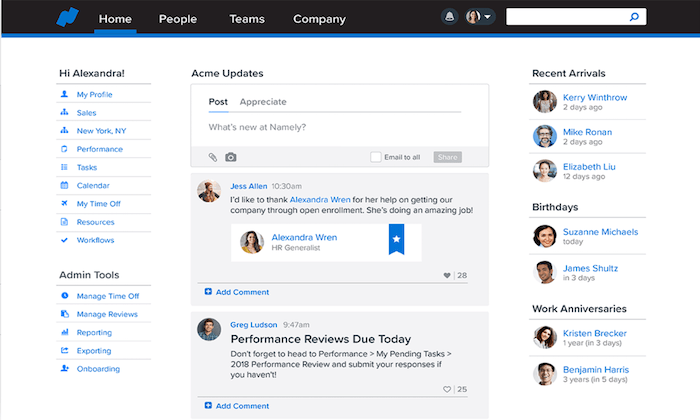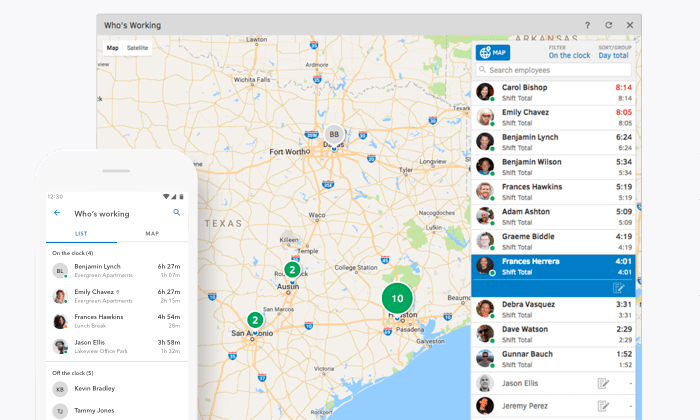Best Learning Management Systems

By Neil Patel
Disclosure: This content is reader-supported, which means if you click on some of our links that we may earn a commission.
What happens when people aren’t engaged in their education?
Very little, unfortunately.
It’s a stubborn problem that confronts HR staff and elementary school teachers alike.
Top talent gets bored and moves on. Students lose interest and tune out.
All the preparation and dedication it takes to develop a good course means nothing if people aren’t buying in.
This problem doesn’t get easier when learners and instructors are meeting online instead of in a classroom or on site.
Creating a digital environment where people can really learn is challenging, even in ideal circumstances. Having the right learning management system (LMS) software in place makes this task much more manageable for everyone involved.
Administrators have a clear view of what’s happening, instructors have the freedom to create courses that matter, and learners get a relevant, unique experience that meets them where they are.
LMS software will not replace the hard work and perseverance that goes into creating lessons and educating people. The right one, however, will let everyone focus on their work instead of fighting with a frustrating system.
The Top 6 Options for LMS Software
- Schoology – Best for K-12 education
- D2L Brightspace – Best for higher education
- Tovuti – Best for selling online courses
- Looop – Best for SMB employee training
- Docebo – Best for enterprise learning
- Sensei – Best LMS plugin for WordPress
The Different Types of LMS Software
Deciding on the type of LMS software is not going to be too difficult for most people.
Some of the vendors on this list offer products that span different categories, but for the most part, the different types of LMS software are aimed at specific educational settings:
- Educational LMS Software
- Corporate LMS Software
- Ecommerce LMS Software
Deciding on the particular product within these three categories is where you are going to spend most of your time.
Let’s break these three types down a little further.
Educational LMS Software
These products are designed with school students in mind. They are built to help different types of educational organizations comply with government standards and meet the needs of their varied student populations.
Educational LMS Software can be broken down into two subtypes.
K-12 LMS Software is for towns, school districts, and private institutions that want to get every student on the same platform. They are built to scale appropriately, and track a student’s journey as they advance grades.
These types of platforms also accommodate the needs of parents, who are able to view grades and communicate with teachers.
Higher Education LMS Software is for colleges and universities. These platforms are designed to give students a much more independent experience, accommodating their unique set of courses and trajectory through undergrad, graduate, or postgraduate education.
Corporate LMS Software
These products are designed with adult learners in mind, particularly for businesses who need to train employees, customers, or partners.
These platforms help administrators create and deliver courses about company content and best practices. It works much better than throwing “the manual” at new members of …read more
Source:: Kiss Metrics Blog









